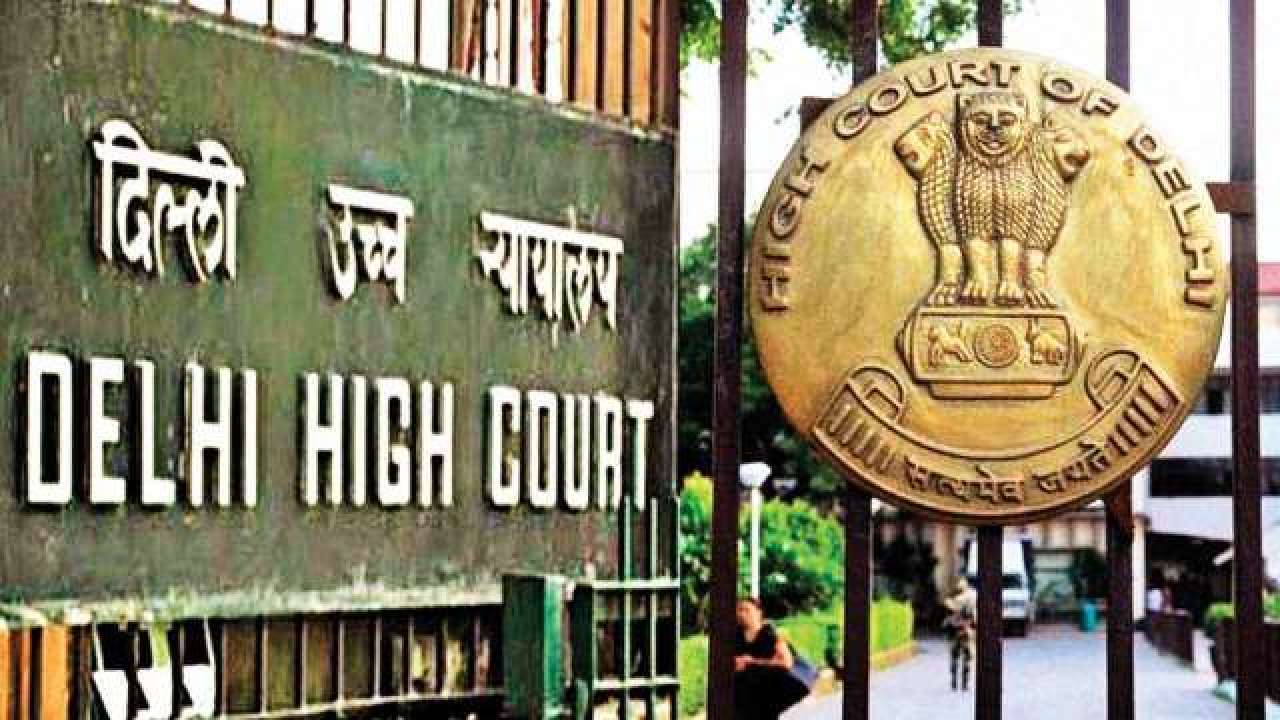
New Delhi: The Delhi High Court reserved its judgment on Monday regarding petitions from several Indian nationals accused of sheltering foreign nationals during the COVID-19 outbreak in 2020. This case is connected to the Tablighi Jamaat gathering and is being examined for its potential impact on public health and compliance with pandemic regulations.
Advocate Ashima Mandla represented the Indian nationals, who have FIRs filed against them under various sections of the Indian Penal Code, the Epidemic Diseases Act, the Disaster Management Act, and the Foreigners Act. She presented a compilation of judgments from other courts related to the incident. Advocate Mandakini Singh also appeared on behalf of the petitioners.
Justice Neena Bansal’s bench reserved judgment on a group of 16 FIRs involving 70 Indian nationals linked to the Tablighi Jamaat. These individuals were charged under sections 188, 269, 270, and 120-B of the IPC for housing foreign nationals in different mosques during the pandemic from March 24 to March 30, 2020.
While 195 foreign nationals sheltered by these Indians were named in the FIRs, most were not included in the chargesheets, as cognizance was refused by the Trial Court based on double jeopardy principles. These foreign nationals had already been chargesheeted for the same offenses and some engaged in plea bargaining for repatriation or were discharged in other FIRs.
The Delhi Police Crime Branch had filed FIRs against both Indian and foreign nationals for alleged violations during the COVID-19 outbreak, invoking multiple sections of the IPC, the Epidemic Diseases Act, the Disaster Management Act, and the Foreigners Act. A number of chargesheets were submitted, with many foreign nationals opting for plea bargains.
Additionally, 28 FIRs were filed against 193 individuals across Delhi, leading to quashing petitions at the Delhi High Court. Legal issues were raised regarding the validity of the charges against the petitioners, particularly concerning sections of the IPC that require specific procedural conditions. Courts throughout India have previously quashed similar cases, citing procedural errors and a lack of sufficient evidence.
